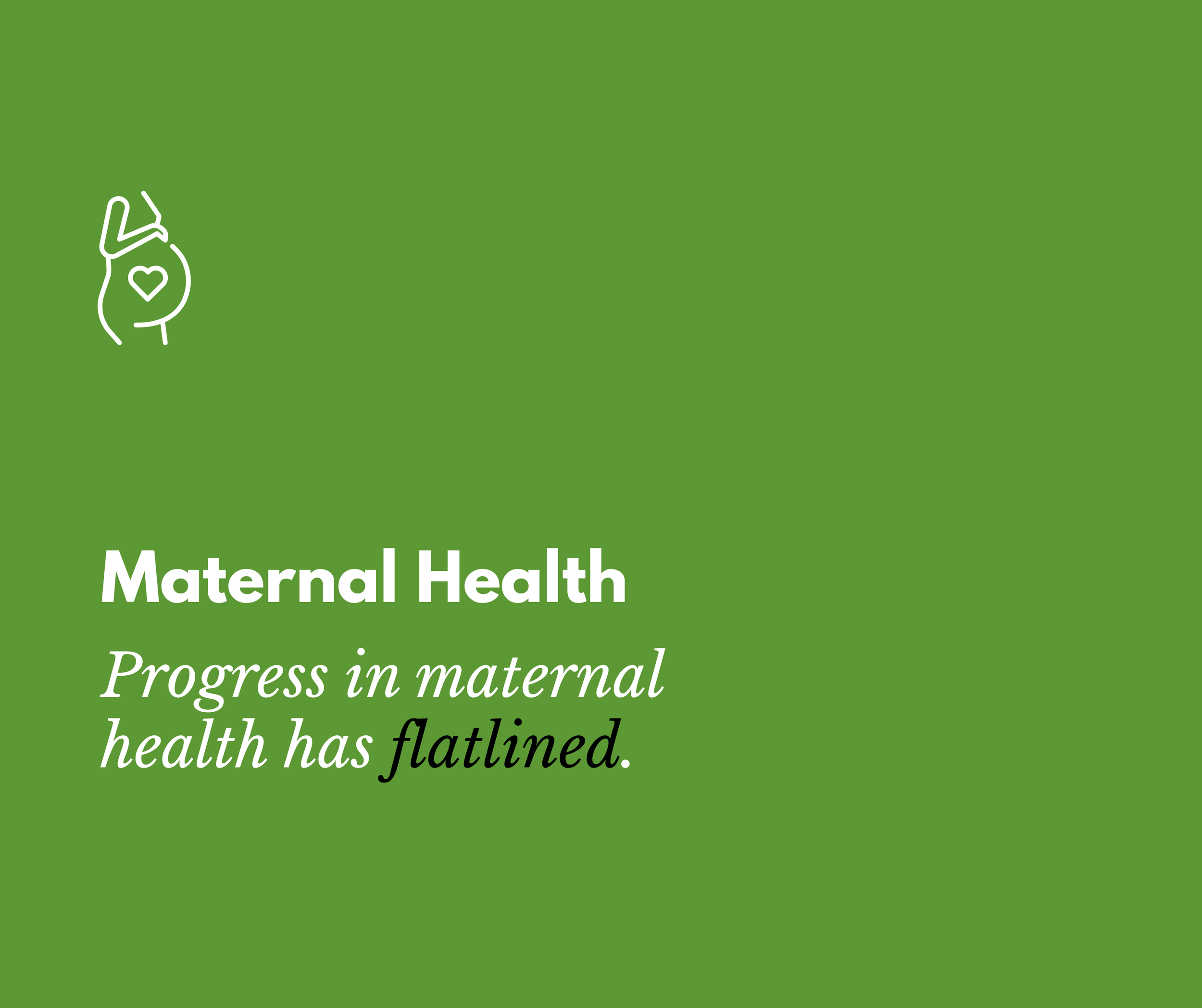Health Equity
Social conditions shape who is left behind.
Health outcomes are powerfully shaped by where people live, work, and grow. The social gradient is stark: lower socioeconomic status equals worse health and health inequities are widening within and between countries, driven by structural injustice.
Insights
Political: Decision-making processes, norms, and policies often neglect the root causes of health inequity, reinforcing unequal systems.
Economic: Income insecurity, job precarity, and lack of social protection deepen health gaps and block intergenerational mobility.
Social: Exclusion, discrimination, and unequal access to education and safe environments create cumulative disadvantage.
Technological: Digital divides and unequal access to innovation risk amplifying health inequities across populations and places.
Legal: Inadequate rights protections, structural discrimination, and weak enforcement perpetuate barriers to health equity.
Environmental: Poor housing, unsafe neighborhoods, and exposure to environmental hazards disproportionately affect vulnerable groups.
Reflective Questions
How can public systems be redesigned to focus more on the social factors that influence health?
What governance strategies can help ensure that health equity is integrated into all areas of policymaking?
How can global and local success metrics be expanded to reflect progress on social determinants of health?
Related Insight Cards
References:
World Health Organization, n.d. Social determinants of health. Geneva: World Health Organization. Available at: https://www.who.int/health-topics/social-determinants-of-health








